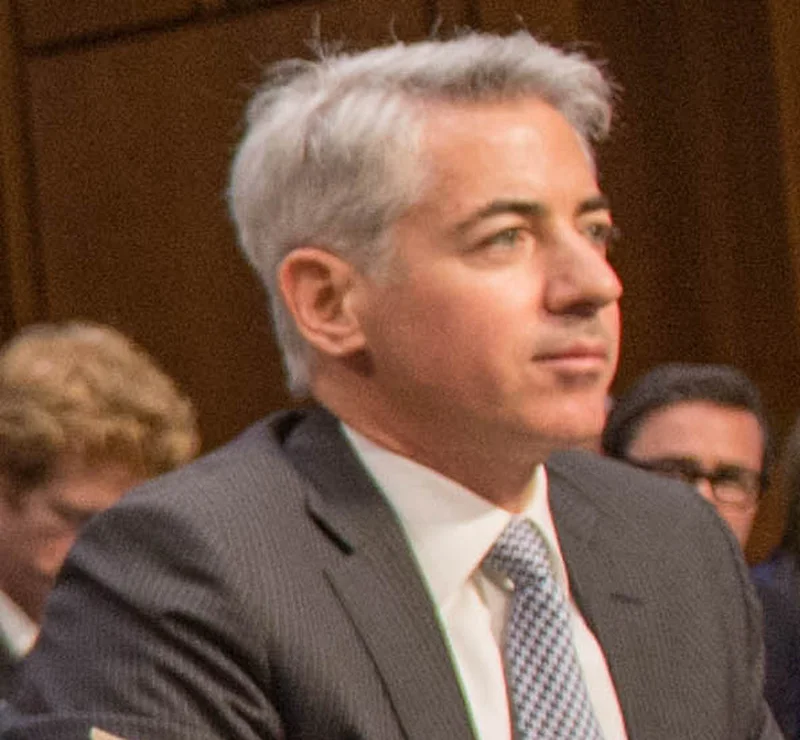XLM Insight | Stellar Lumens News, Price Trends & Guides
XLM Insight | Stellar Lumens News, Price Trends & Guides
I’ve spent my career obsessed with the source code of genius. Not the code that runs on silicon, but the code that runs in the minds of people who build the future. I look for the underlying algorithms, the first principles that allow someone to see the world differently and then reshape it. Usually, you find this code in a lab at MIT or in the all-night brainstorming sessions of a startup.
But sometimes, you find it circling a block in Manhattan, looking for cheaper parking.
The story of billionaire hedge fund manager Bill Ackman is, on the surface, a quirky anecdote. Here’s a man with a net worth north of $8 billion, a titan who founded Pershing Square Capital and manages a $20 billion portfolio, who still gets viscerally annoyed by the price of a parking garage. He’ll literally drive to a different one to save a few bucks. It’s a detail so absurd it feels like a punchline. The media contrasts him with other billionaires buying multi-million dollar watches or flying across oceans in private jets.
But when I first read about this, I honestly just sat back in my chair, speechless. Because I didn’t see a penny-pincher. I saw a mindset. I saw the ghost in the machine—the core programming that drives a certain kind of relentless, world-changing creator. This isn’t about saving money on parking. It’s about a fundamental refusal to accept waste in any system, big or small.
What we're seeing in Ackman’s behavior isn't frugality; it's a deeply ingrained optimization algorithm. Think about it. He told The Wall Street Journal how his dad would get upset if he left a light on. Now, he walks around his own house turning off every light. He gets annoyed if the grill burns gas overnight. This is a man conditioned to see the world as a series of systems, and his primary directive is to eliminate inefficiency wherever he finds it.
This is the exact same mindset that built the modern technological world. It’s like the early days of computing, a historical parallel that feels more relevant than ever. Back then, programmers counted every single byte of memory because resources were incredibly scarce. They had to write elegant, brutally efficient code because there was no alternative. That discipline, born of necessity, created a generation of legendary engineers. Today, with near-infinite computing power and storage, we can sometimes afford to be sloppy. But the greatest innovators never are. They still hunt for the elegant solution. They still hate waste.

Ackman is applying this same principle to his life. He’s running a constant debugging process on his personal expenses. He’s applying first-principles thinking—in simpler terms, he’s breaking a problem down to its most basic truths and building up from there, whether it's a multi-billion dollar investment or a ten-dollar parking fee. The underlying question is the same: "Is this the most efficient use of this resource?" For a person with this operating system, wasting $10 on overpriced parking is as illogical as a programmer leaving an infinite loop in their code. It’s not about the cost; it’s about the integrity of the system. It’s an error that must be corrected.
This is where the story transcends a simple anecdote and becomes a powerful lesson for anyone trying to build something. The very same mental software that compels Ackman to hunt for a cheaper garage is what allows him to analyze a company, identify its inefficiencies, and see its hidden potential. You can’t just turn this kind of thinking on for the big things and off for the small things. It’s an always-on process. It’s a worldview.
And this is the kind of breakthrough thinking that reminds me why I got into this field in the first place—the realization that the architecture of a great mind can be applied to any problem, at any scale. We can see this as a simple habit, or we can see it as the single most important variable in his success. The ability to zoom in on a tiny detail like a parking fee and then zoom out to restructure a global corporation is staggering—and it means the gap between a simple choice and a world-changing decision is smaller than we think.
Of course, with any powerful tool comes a great responsibility. A relentless focus on optimization, if unchecked by empathy and human-centric values, can have its downsides. We have to ensure that our drive for efficiency doesn’t lead us to build systems that are perfect on paper but forget the people they’re meant to serve. The goal is to optimize for human flourishing, not just for the cold, hard numbers.
But the core lesson remains. What if you applied this same relentless optimization to your own life, your own projects? What waste could you eliminate? What hidden potential could you unlock, not by adding more, but by being radically more efficient with what you already have? Imagine if we applied this mindset not just to our finances, but to our time, our energy, and our focus. What could we build then?
Forget the billions for a second. Forget the hedge fund and the high-profile investments. Bill Ackman’s parking habit isn't a quirky character flaw or a lesson in being cheap. It’s a window into the source code of a master systems-builder. It’s a philosophy of radical efficiency, a deep-seated hatred of waste that scales from the trivial to the monumental. It’s the quiet, relentless discipline that turns a middle-class kid into an empire builder, one optimized decision at a time. And that’s a lesson far more valuable than the few dollars he saves on parking.